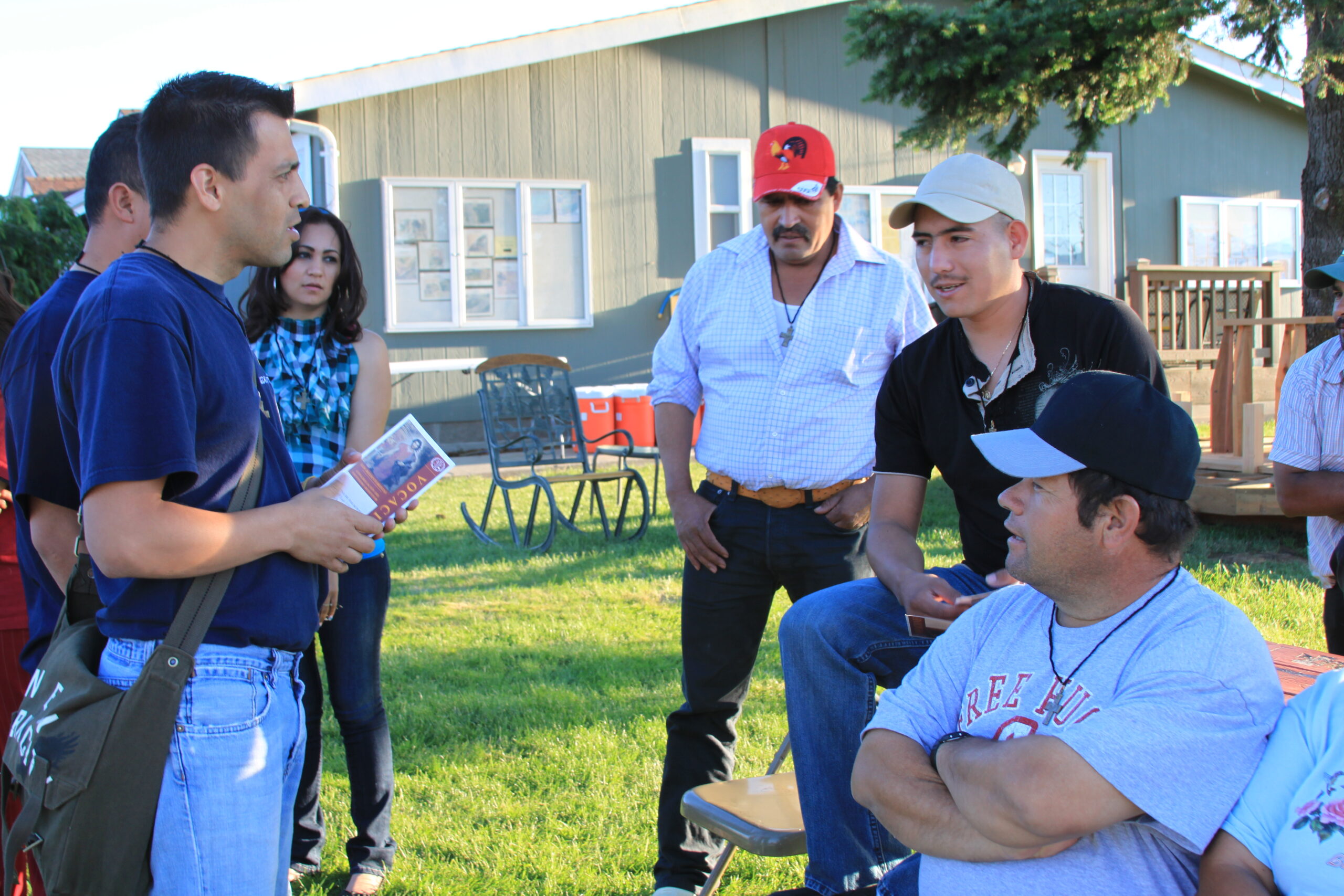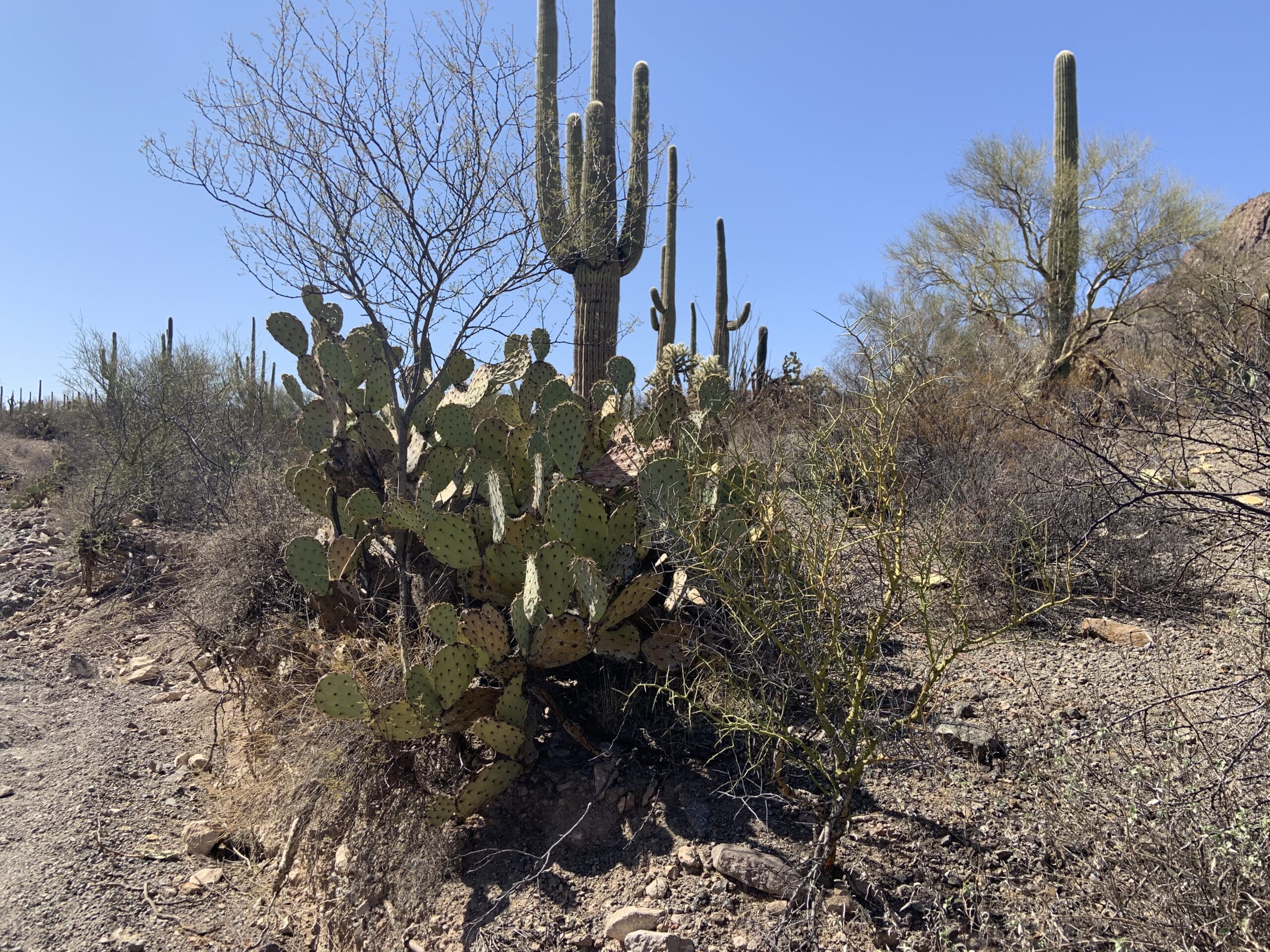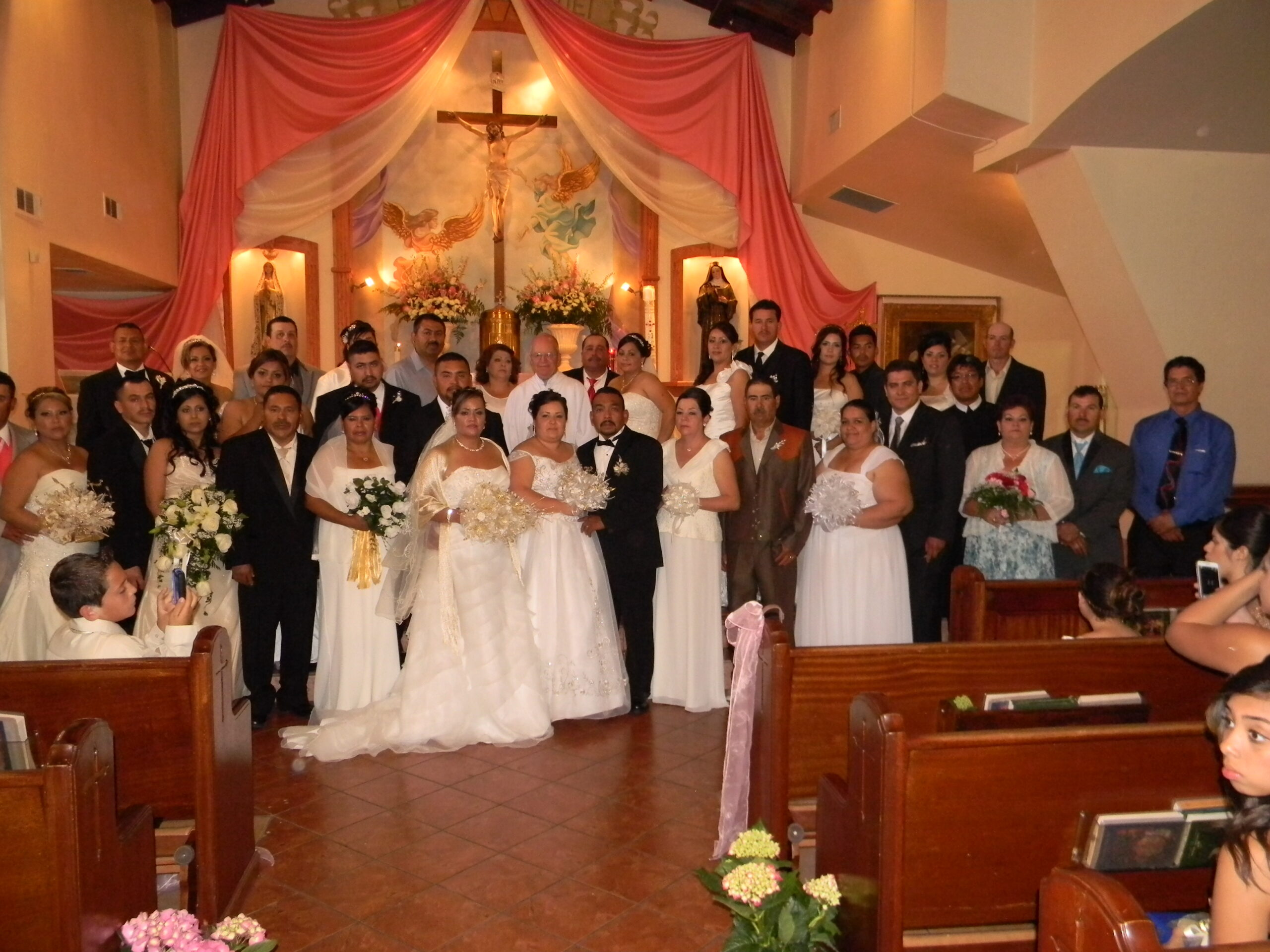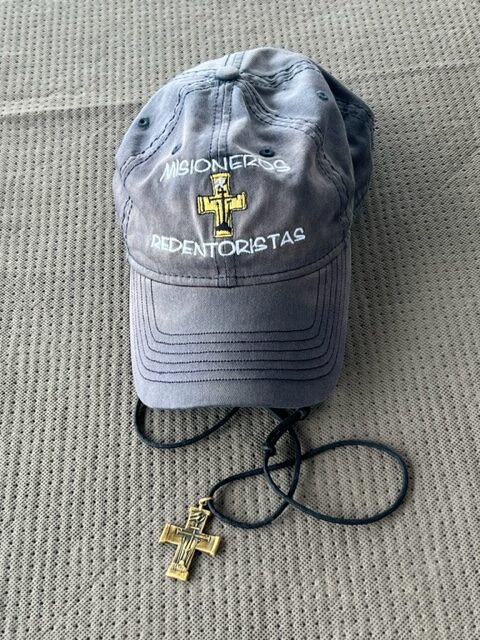Who is my neighbor? / ¿Quién es mi próximo?
“¿Quién es mi próximo?”
Un domingo, recé en Misa por una feligresa que murió en otro pueblo, pero fue enterrado el día anterior en su terreno familiar. Luego oré por otra mujer que había muerto esa mañana. Después de la misa, tres mujeres que vivieron en la parroquia durante más de cincuenta años no conocieron a las dos mujeres. Finalmente, reconocieron a una. Luego había una discusión interesante. Comentaron sobre los cambios en como conocemos a nuestros vecinos. Se enorgullecían de ser una comunidad que conoce a sus vecinos, “no como las grandes ciudades”. Las mujeres dijeron: “Los tiempos son diferentes. No conocemos a nuestros vecinos como en el pasado”.
La experiencia de las tres mujeres de no conocer a dos personas que fallecieron en una semana inició una conversación interesante. Estaban orgullosos de su parroquia por dar la bienvenida a la gente a la parroquia e involucrar a nuevos feligreses en la parroquia. El darse cuenta de que había dos personas que habían estado en la parroquia por más de diez años y no serían reconocidas, los sorprendió. En la sociedad hoy, es más difícil conocer extraños a la comunidad.
El Papa Francisco nos invita a ver al extranjero, no como un prójimo, sino como un hermano o una hermana. Necesitamos una relación más grande con el extraño. Necesitamos considerar a los demás como parientes de nosotros. Necesitamos reimaginar las relaciones en nuestras vidas.
(Si tienes observaciones o preguntas para Padre Migrante, envían las a padremigrante@gmail.com)
Who is my neighbor?
One Sunday, I prayed at Mass for a parishioner who died in another town, but was buried the day before at their family plot. Then I prayed for another woman who had died that morning. After Mass, three women who lived in the parish for over fifty years could not figure out who the two women were. Finally, they recognized one of the two. Then came an interesting discussion. They commented on changes in how well we know our neighbors. They prided themselves on being a community who knows their neighbors, “not like the big cities.” The women said, “Times are different. We do not know our neighbors as in the past.”
The experience of the three women not knowing two people who died in one week, started an interesting conversation. They were proud of their parish for welcoming people to the parish and engaging new parishioners into the parish community. The realization that there were two people who had been in the parish for more than ten years would not be recognized shocked them. In today’s society, it is more difficult to know strangers to the community.
Pope Francis invites us to see the stranger, not as a neighbor, but as a brother or sister. We need a closer relationship to the stranger than that of a neighbor. We need to consider others as related to us. We need to reimagine relationships in our lives.
(If you want Padre Migrante to respond to your concerns or questions, write to: padremigrante@gmail.com)
Oh Jesús, tú nos llamas: “Síganme”. Bendice, Señor, a todos los que acogen tu llamado. Puede que el camino no sea fácil, pero tenemos la confianza de que todo es posible si caminamos contigo. Que este viaje nos abra los ojos a las maravillas de tu amor por nosotros. Oramos por toda tu gente, por todos los creyentes e incrédulos, por los líderes y seguidores. Oramos por la sanación, el perdón, la compasión, la justicia y la paz. Oramos para que, al seguirte, nosotros también podamos ser pescadores de hombres. Bendícenos en nuestro viaje.
O Jesus, you call us, “Come after me.” Bless, O Lord, all who welcome your call. The path may not be easy, but we have confidence that all things are possible if we walk with you. May this journey, open our eyes to the wonders of your love for us. We pray for all your people, for all believers and unbelievers, for leaders and followers. We pray for healing, for forgiveness, for compassion, for justice, for peace. We pray that as we follow you, we too can be fishers of men. Bless us on our journey.




